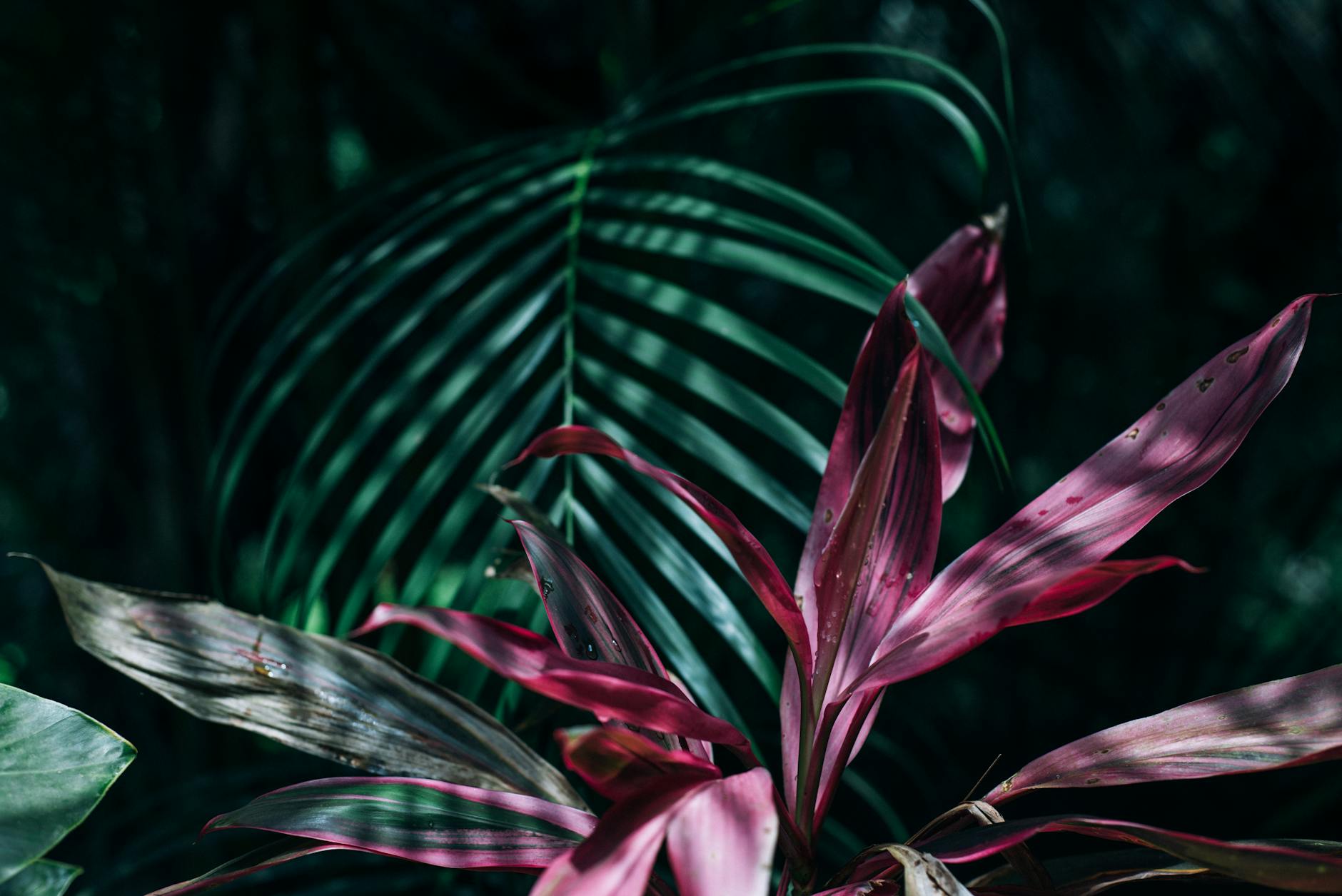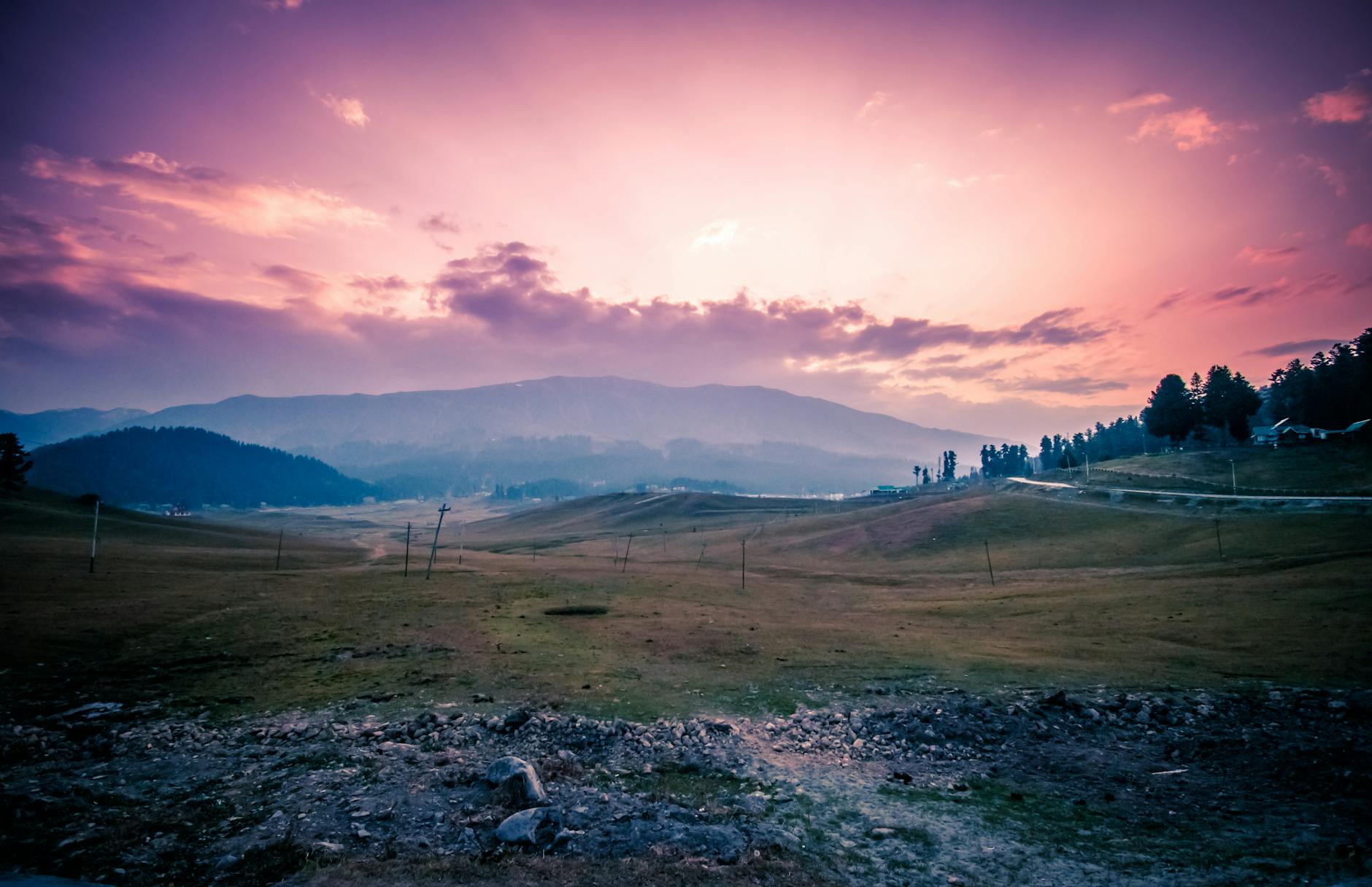Why Australia Is Embracing Eco-Friendly Sunscreen Solutions

Australia’s Sunscreen Challenge
Strolling through Brisbane’s vibrant Queen Street Mall, I often find myself musing about the reality of our sunscreen choices. The debate isn't simply about protecting against sunburn; it's a much larger puzzle that entangles both personal health and environmental sustainability. For children, the choice of kids sunscreen is crucial, not just for their sensitive skin but for the hidden ingredients that might harm marine life. With the allure of eco-friendly stores sprouting around me, I’m thrilled by the shift toward more sustainable living.
The journey to embracing eco-friendly sunscreens in Australia starts with the ripple effects on marine life and our beloved coral reefs. Chemical sunscreens often leave ecological footprints, harming the very seas we cherish. By understanding these impacts, we've started a vital conversation around alternatives. The demand has extended even to baby sunscreen options, as parents become more conscious of the need for safe and natural formulations.
The tide is also changing with regard to public awareness. More Australians are waking up to the realisation that their health is intertwined with the well-being of the environment. In engaging with local sustainability initiatives at New Farm Park, it's evident that this collective awareness is fueling a shift in purchasing behaviour. Let’s hope these upcoming summery days bring even more attention to the choice of wearing reef-safe sunscreens.
Eco-Friendly Ingredients
Natural Mineral Filters
Have you ever stood on a Queensland beach and marveled at the clear water? Well, this clarity isn't just because of conservation efforts but also due to the growing use of natural mineral filters, like zinc sunscreen. These little eco-warriors work by creating a physical barrier on your skin, reflecting sunlight rather than absorbing it. Not only are they gentle on the skin, but they're also less disruptive to marine life, which is crucial for preserving ecosystems.
Biodegradable Components
When I chat with folks at the eco-markets at South Bank, the excitement for biodegradable components in skincare is palpable. Imagine using products that break down naturally, leaving no trace of chemicals in our waterways. These ingredients lessen pollution and enhance our planet’s health. Envision applying your sunscreen guilt-free, knowing that residues won't harm coral reefs or aquatic life. It's a shift many Aussies are embracing.
Benefits for Skin Health
The beauty of natural ingredients is that they often carry a host of skin benefits. Products infused with natural mineral filters reduce the risk of irritation and allergic reactions. Many people experience a smoother and more radiant complexion since these ingredients soothe the skin rather than burden it with harsh chemicals. The result is healthier skin—a bonus for those of us constantly exposed to the Australian sun.
Regulatory Changes
Policy Developments
Australia is taking significant steps to encourage sustainable sunscreen solutions, reflecting Brisbane's growing interest in eco-friendly living. Recent policy shifts aim to minimise detrimental impacts on marine ecosystems, notably the Great Barrier Reef, by prioritizing regulations that mandate the production of environmentally safe sunscreen options. This legislation is essential in preventing chemical ingredients from hampering marine biodiversity and further aligns with Queensland's initiatives at New Farm Park. Advocacy for reef safe sunscreen is gaining momentum, ensuring that common sunscreen chemicals harmful to marine life, like oxybenzone, are phased out in favour of safer alternatives.
Industry Standards
Regulatory bodies are enhancing the industry standards to support sustainability. Stricter guidelines now ensure sunscreen formulations must meet specific efficacy and safety benchmarks without posing risks to marine life. This regulatory evolution encourages manufacturers to innovate with biodegradable components, putting consumer safety and environmental health at the forefront. Such standards facilitate transparency in product labelling, empowering consumers to make informed decisions often seen in Brisbane's eco-markets at South Bank.
Future Outlook
The future of sunscreen regulation in Australia looks promising, with a clear trajectory towards more rigorous eco-friendly guidelines. As more consumers, like those frequenting Queen Street Mall for eco-friendly stores, demand transparency and sustainable products, we expect continued advancements. With committed efforts to preserving natural wonders and biodiversity, regulatory developments not only promote environmental stewardship but also inspire a wave of conscious consumerism in the region.
Consumer Preferences
Rise of Conscious Consumers
There's an exciting shift happening as more people are leaning towards sustainable living, especially when it comes to choosing products like natural sunscreen. As a passionate sustainability advocate, I see this change as a beacon of hope. Many people in my community are eager to protect our planet, propelled by a genuine concern for nature and the health of Australia’s unique ecosystems. Consumers are not just looking for any sunscreen; they demand products that are kinder to oceans and their skin, shedding the reliance on harmful chemicals.
Marketing and Education
Increasing awareness through effective marketing and education underpins this shift in consumer behavior. Eco-friendly brands are employing creative campaigns to highlight the benefits of natural sunscreen, often using platforms like Instagram to connect with their audience. Additionally, educational initiatives in places like New Farm Park are playing a crucial role in disseminating valuable information about choosing reef-safe products. By leveraging social platforms, brands are effectively enlightening consumers about sustainability, emphasizing the importance of environmentally responsible choices.
Overcoming Greenwashing
Navigating the crowded market can be daunting, especially with companies capitalizing on the ‘green’ trend. Understanding the difference between genuine eco-friendly products and those riding the greenwashing wave is crucial. Conscious consumers are now equipped to question brands and scrutinize labels. Choosing products that clearly communicate their impact on the environment empowers us to make informed decisions, ensuring the authenticity of sustainable claims.
Tackling Misleading Eco-Claims
Spotting Greenwashing Tactics
As a sustainability advocate, it's essential to arm ourselves with knowledge to counter those pesky misleading eco-claims. Sometimes, it feels like every product is wrapped in green promises, but not all deliver on their eco-friendly claims. Living in Brisbane, I find it's always helpful to scrutinise product labels closely and question vague or overly broad terms like "natural" or "eco-friendly." Have you ever noticed at Queen Street Mall how some products boast of being "green" without any certifications to back it up? Those certifications, such as EcoCert or Organic COSMOS, matter.
Unearthing Authentic Options
Luckily, Brisbane is home to places like South Bank's eco-markets, where many local producers work diligently to provide genuinely sustainable products. Hear this: the ingredients list is your best friend. Look for transparency and specificity—brands that proudly declare the use of mineral-based UV filters or biodegradable components in their formulations are more likely to be authentic. These are the paths I often tread, and they lead to making informed decisions.
Accessibility of Alternatives
Location and Online Options
New eco-friendly sunscreens are springing up in Brisbane, but let's be real—grabbing these options can be challenging. However, I've found some gems at New Farm Park's sustainable initiatives and local organic stores. When options seem limited locally, delving into online platforms that stock sustainable Aussie brands broadens our choices.
Cost and Convenience
Boy, I get it! Eco-friendly can sometimes mean pricier, but remember, it's an investment in our environment. Consider pooling resources with friends to make bulk purchases, or keep an eye on sales and networks in eco-conscious communities.
Maintaining Effectiveness
Ensuring Protection
In our quest for sustainable living, one key feature shouldn't be compromised: efficacy. Whether we're sunbathing at South Bank or picnicking at New Farm Park, choosing formulations that balance eco-friendly ingredients with proven sun protection factor (SPF) is critical. Look for brands that have been tested for SPF protection to ensure our skin is shielded without harming the earth.
By understanding these avenues and making conscientious choices, we advocate for a cleaner, greener planet. Let's keep learning and sharing the sustainable message far and wide, one sunscreen choice at a time.


